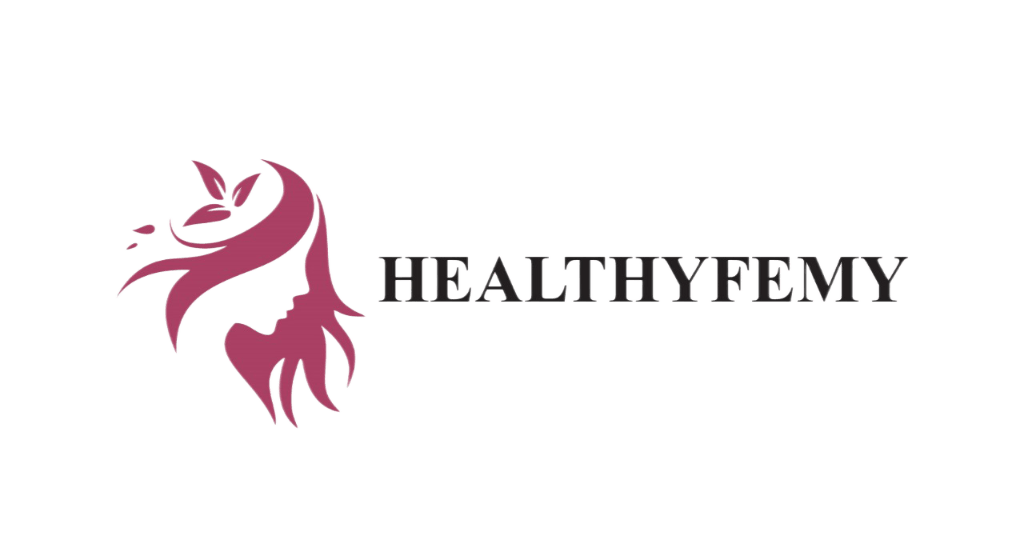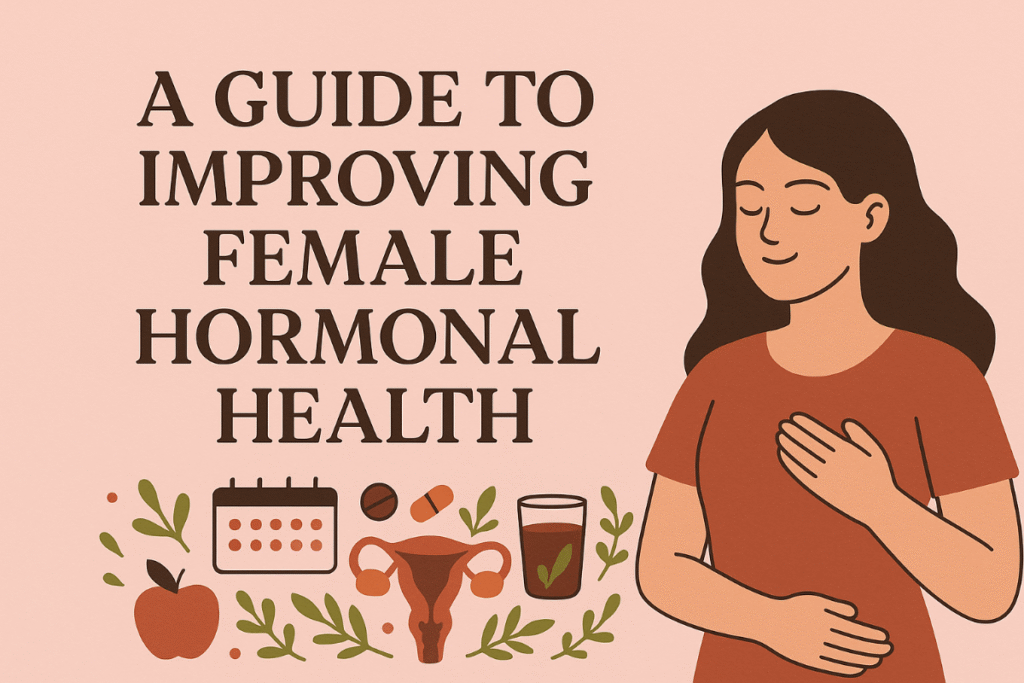Hormones act as chemical messengers that regulate nearly every physiological process in a woman’s body, including mood, metabolism, energy production, and reproductive function. When female hormonal health becomes imbalanced, symptoms such as fatigue, irregular periods, acne, mood swings, and unexplained weight gain may occur.
Understanding how hormones function — along with adopting natural strategies to support balance — can lead to meaningful improvements in long-term health and overall well-being.
Why Female Hormonal Health Matters at Every Age
Female hormonal health plays a crucial role from puberty through the reproductive years and into menopause. Hormones influence emotional stability, metabolism, sleep, fertility, and overall physical health. When hormones remain balanced, women often experience steady energy, regular cycles, and improved mood. However, even minor hormonal shifts may trigger symptoms such as fatigue, anxiety, irregular periods, or sudden weight changes. Therefore, supporting female hormonal health early through proper nutrition, stress management, restorative sleep, and healthy lifestyle habits can improve long-term well-being.
Signs of Female Hormonal Health Imbalance
Understanding Female Hormonal Health
Hormones work as messengers which link together different body parts and body systems. Even minor changes in hormonal balance disrupt the physical and emotional state of a woman.
Key hormones include:
- Estrogen and Progesterone – control menstrual cycles and reproductive system functions
- Thyroid hormones (TSH, T3, T4) – affect how the body metabolizes food and generates energy
- Cortisol – controls how the body deals with stress
- Insulin – maintains normal blood glucose concentrations
When these hormones become imbalanced, daily life becomes more difficult to manage both physically and emotionally.
Causes of Hormonal Imbalances
Several factors may contribute to hormonal disruption, including:
- Chronic stress, which elevates cortisol and disrupts other hormones
- A diet high in processed foods and sugar but low in essential nutrients
- Lack of sleep, which interferes with melatonin and cortisol rhythms
- Exposure to endocrine-disrupting chemicals found in plastics and cosmetics
- A sedentary lifestyle that reduces insulin sensitivity
- Underlying conditions such as PCOS, thyroid disorders, or adrenal dysfunction
Key Signs of a Hormonal Imbalance
Women should be aware of these typical warning signs:
- Unexpected weight gain or trouble decreasing weight
- Exhaustion, even after getting enough sleep
- Mood swings, anxiety, or depression
- Acne, hair loss, or abundant facial hair
- Infertility or low libido
- Painful or irregular periods
It is advised to see a healthcare professional for testing (blood work, saliva, or DUTCH hormone test) if these symptoms continue.
5 Steps to Improve Female Hormonal Health Naturally
Consume a Hormone-Friendly Diet
- Hormone synthesis is supported by healthy fats such as olive oil, almonds, and avocados.
- Foods high in fiber, such as lentils, broccoli, and flaxseeds, aid in the detoxification of excess estrogen.
- Protein at Every Meal lowers cravings and stabilizes blood sugar.
- To avoid insulin rises, limit processed carbohydrates and sugar.
For further information, read our detailed guide on Winter Weight Loss Foods to learn how seasonal nutrition supports metabolism.
Effectively Handle Stress

- Prolonged stress causes cortisol levels to rise, which can inhibit thyroid and progesterone function.
- Try: • Deep breathing exercises or daily meditation
- Adaptogenic plants (rhodiola, ashwagandha)• Establishing limits to prevent burnout
Give Sleep and Circadian Rhythm Priority

- Growth hormones, cortisol, and melatonin are all affected by inadequate sleep. Advice: Sleep in a cool, dark environment; avoid screens an hour before bed; and maintain a regular sleep pattern.
Work Out Wisely (Neither Too Much Nor Too Little

- Strength training increases insulin sensitivity and metabolism.
- Daily Exercise increase blood flow and lower cortisol levels.
- Avoid overtraining since it may make hormone stress worse.
Lower Exposure to Toxins
- Plastics, cosmetics, and pesticides all include endocrine disruptors that mimic estrogen. Instead of that, use glass or stainless steel containers.
- Natural cleaning and skincare supplies
- When feasible, use organic foods
When to Get Expert Assistance
Although changing one’s lifestyle can help, some women require medical assistance, particularly if they have:
- Hashimoto’s disease or hypothyroidism;
- PCOS (polycystic ovary syndrome)
- Severe symptoms of PMS or PMDD;
- menopause or perimenopause
- An endocrinologist or functional medicine physician can offer individualized care, such as:
- Bioidentical hormone therapy
- Thyroid medication
- Supplements (omega-3s, vitamin D, and magnesium)
Concluding remarks
Although it normally takes time to balance hormones, even minor adjustments over time can have a big impact on mood, energy, and general health. Women may take charge of their hormonal health and feel their best at every stage of life by concentrating on toxin reduction, stress management, sleep, and diet.
Additionally, you can explore Natural Ways to Balance Hormones in Women for deeper insight into improving female hormonal health naturally.
🔗 Resources & References
Effects of Stress on Hormones – https://www.ncbi.nlm.nih.gov/pmc/articles/PMC5579396/
Thyroid Function Overview – https://www.niddk.nih.gov/health-information/endocrine-diseases/hypothyroidism
PCOS Overview – https://www.womenshealth.gov/a-z-topics/polycystic-ovary-syndrome
Hormones and Sleep – https://www.sleepfoundation.org/how-sleep-works/how-sleep-affects-hormones
FAQs
Common causes include stress, poor diet, lack of sleep, birth control, PCOS, thyroid issues, and menopause transitions.
Begin with a whole-food diet, reduce sugar, sleep well, manage stress, and include hormone-supportive supplements.
Leafy greens, flaxseeds, avocados, fatty fish, and fermented foods are all excellent for hormonal balance.
Yes, regular moderate exercise helps regulate insulin, reduce cortisol, and support estrogen-progesterone balance.
Written by Jennyjee, women’s health and wellness writer at HealthyFemy. She focuses on evidence-based nutrition, hormonal balance, and sustainable weight management for women.


